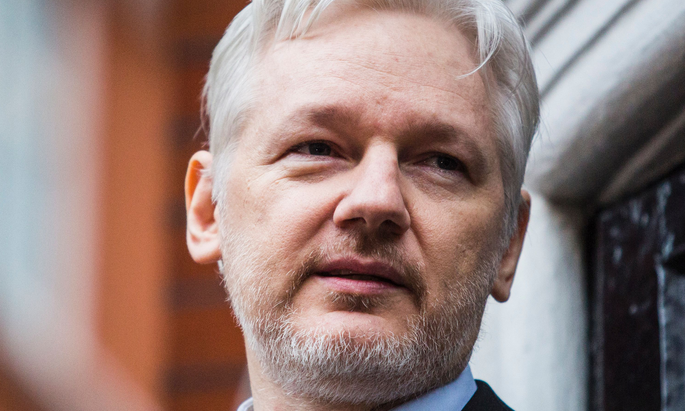According to El Universo, the WikiLeaks founder has been given an citizenship card that corresponds to Ecuadorian province of Pichincha.
Per the outlet, Assange was given the passport on December 21, 2017. The report has yet to be confirmed by officials from Ecuador.
Incidentally, the Australian tweeted out an image of himself wearing Ecuador’s national soccer jersey an hour before news regarding the passport broke Wednesday.
This follows recent reports that suggested Assange was going to be evicted from the Ecuadorian embassy in London after pushing President Lenin Moreno “over the edge.”
Ecuador’s Foreign Minister Maria Fernanda Espinosa told teleSUR Thursday that officials were seeking a third-party negotiator to mediate Assange’s safe passage from the UK-based embassy. Espinosa called Assange’s living arrangements as “untenable.”
Though it is unclear, talk of Assange’s eviction is speculated to have been sparked by his criticism of Moreno’s allies and his support of the Catalan independence movement.
“We have reminded Mr. Assange that he has no reason to interfere in Ecuadorian politics because his status does not allow it,” the president said in an interview with El Pais. “Nor in that of nations that are our friends. He does not have the right to do so and he has committed himself to this.”
Assange later responded to Moreno by saying that “if President Moreno wants to gag my reporting of human rights abuses in Spain he should say so explicitly — together with the legal basis.”
The 46-year-old founder has been a tenant at the Ecuadorian embassy since 2012 when he was granted asylum by Ecuador following sexual assault allegations. Though the charges were ultimately dropped, Assange continued to stay at the embassy over fears he would be extradited to the US in connection with WikiLeaks’ release of military files on the wars in Afghanistan and Iraq.
 Ọmọ Oòduà Naija Gist | News From Nigeria | Entertainment gist Nigeria|Networking|News.. Visit for Nigeria breaking news , Nigerian Movies , Naija music , Jobs In Nigeria , Naija News , Nollywood, Gist and more
Ọmọ Oòduà Naija Gist | News From Nigeria | Entertainment gist Nigeria|Networking|News.. Visit for Nigeria breaking news , Nigerian Movies , Naija music , Jobs In Nigeria , Naija News , Nollywood, Gist and more









